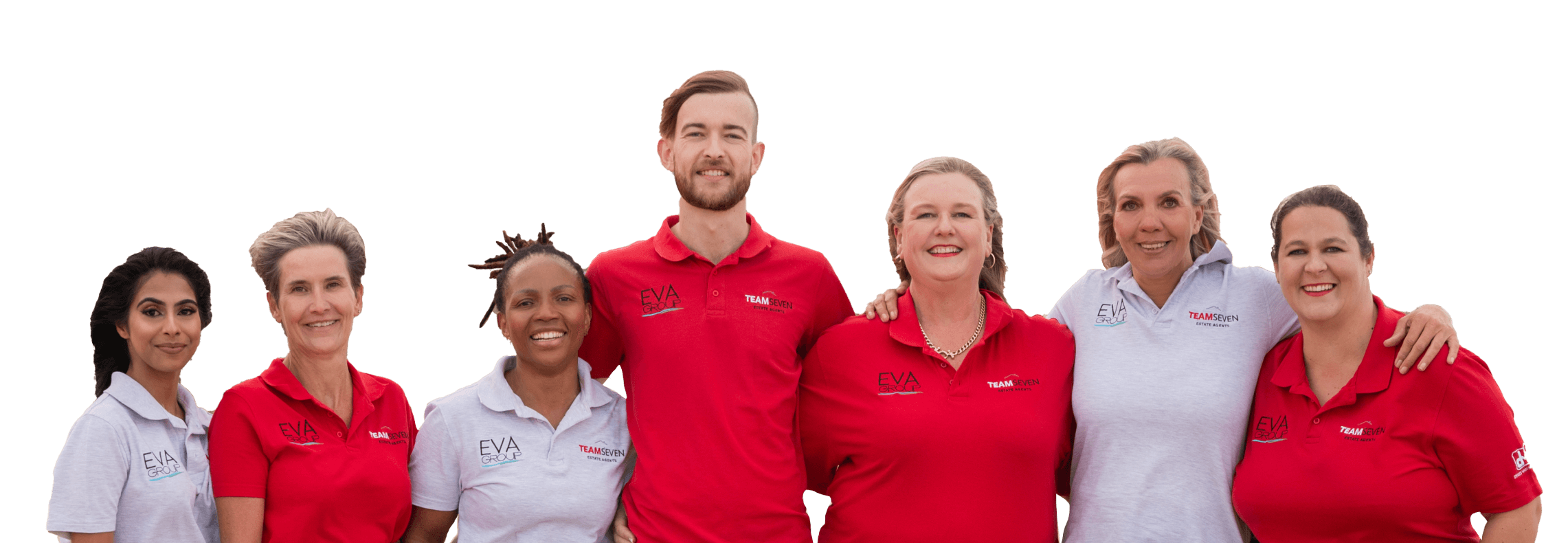BE WISE WITH WATER!
Category Community
Water is a vital commodity that we require to survive. Without water, the environment we live in could not survive, so it is imperative that the necessary precautions are taken to ensure that this essential resource is not used carelessly.
There are several ways that homeowners or tenants can save water in and around the home, which will bring down monthly water bills and more importantly, reduce water usage. Here are a few tips that will assist people in lessening their impact on the national water crisis:
Inside the home:
Taps
Make sure that once a tap has been used, it is closed properly. While this seems like a relatively small thing to do, a tap dripping at one drip per second will waste as much as thirty litres of water in one day. That equates to around 10 000 litres of water wasted over a period of a year, simply from one single dripping tap.
Ensure that tap washers are replaced regularly and fit aerators to restrict and spread the flow. An aerator will reduce water usage creating a no-splashing stream and often delivering a mixture of water and air. Remember to turn off the tap when brushing teeth. Doing this will save around twenty litres of water per month. A mug of water can be used to rinse the toothbrush after use.
Bathroom
Showering will use far less water than bathing, provided that the shower is less than 5 minutes long. If there is only the option of taking a bath, the bath should be as shallow as possible and water reused to water the garden.
Installing a water-saving showerhead will also aid in reducing water usage. Ideally when showering the water should not be at full force, and it should be turned off when soaping or shaving. When opting to shave at the basin, it is best to plug the basin rather than rinsing the razor with running water; this will save approximately 45 litres of water a month.
Much like a leaking tap, a leaking toilet can waste vast amounts of water. Installing a water-saving toilet is an option, but for those who don’t wish to spend money on the outlay, adding a brick or sealed container of sand to the cistern will reduce the amount of water used during each flush. A few drops of food colouring in the cistern will help to determine if any water is leaking from the toilet. If the colour seeps into the bowl, the system is leaking and should be fixed without delay.
Kitchen
If possible only use washing machines and dishwashers when they are fully loaded to avoid unnecessary water usage. Rather than rinsing dishes under running water, opt to rinse items in a basin of water and then reuse the water in the garden. Run tap water into bottles while waiting for it to heat up. By keeping bottles of drinking water in the fridge, there is no need to let lukewarm water be wasted.
Outside the home:
Homeowners in South Africa consume an estimated 30% to 50% of water on watering and maintaining their gardens, so it seems that this is the most significant area for water to be saved. While an attractive, established garden can add considerable value to a property, a water-wise garden that takes less water to maintain but is still beautiful makes sense from both an environmental and financial view point.
Choose the right plants
As a general rule, only indigenous plants should be used as they consume very little water and require minimal maintenance. Certain bedding plants can drink a lot of water, however by adding mulching to the bed and water retention granules to the soil, the need for water can be substantially reduced. It is best to water the garden either before 9 am in the morning or after 4 pm – even later on really hot days. Also, no watering should take place within 24 hours of rainfall as it should provide adequate saturation.
Reduce lawn areas
Lawns guzzle water, so assess how much is necessary. Consider adding hardscaping features such as a paved or cobblestone footpath, which will reduce watering areas as well as add to the aesthetic appeal and overall feel of the garden.
With the lack of water currently being experienced, becoming water-wise is essential. It is not just about saving an important resource, but also about sustainability and of course saving money with today’s higher cost of living.
Author: RE/MAX SA



